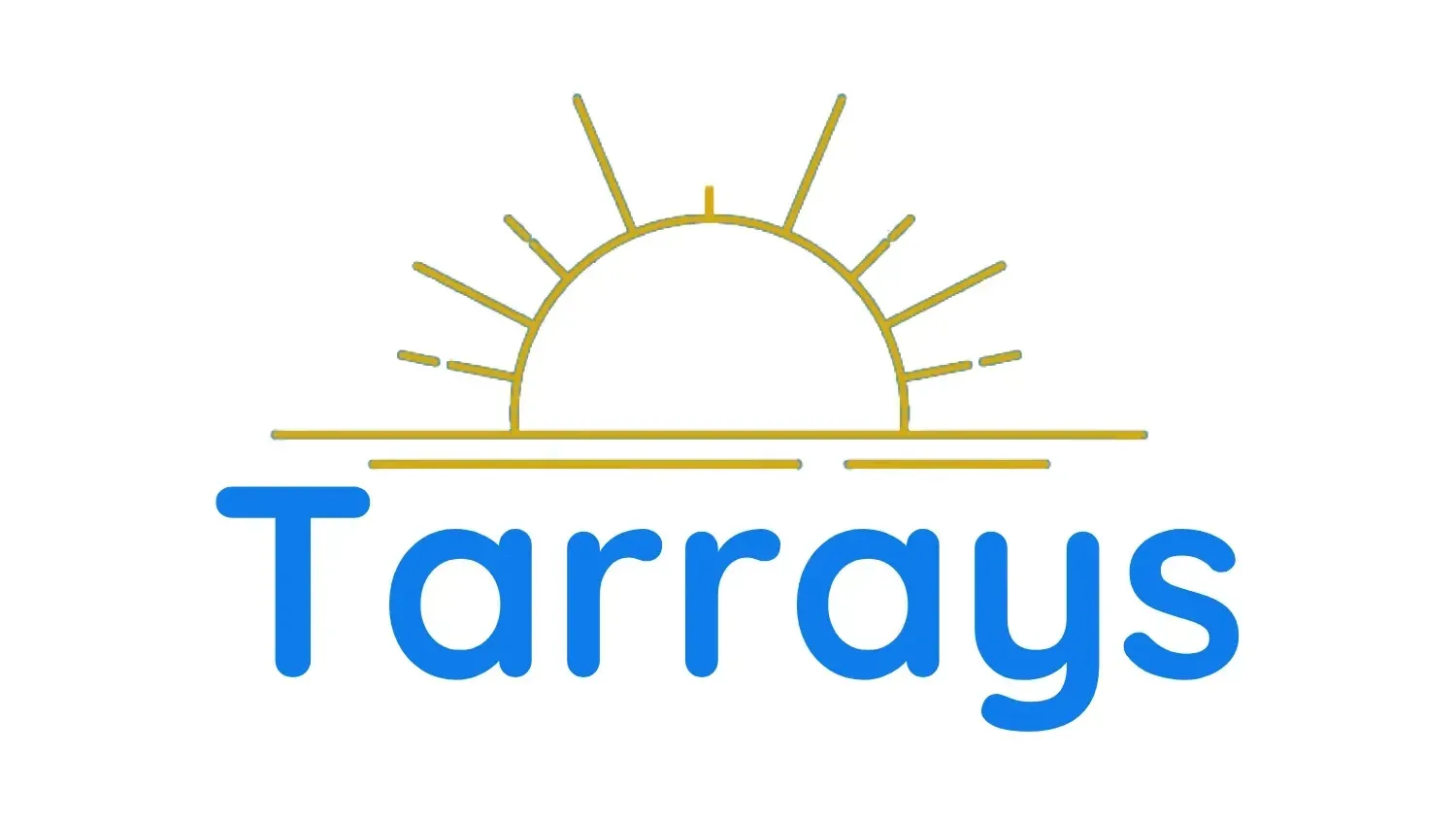The Role of Internationally Trained Nurses in Addressing Regional Aged Care Staffing Gaps
Aged care facilities in regional NSW are facing growing challenges in maintaining adequate staffing levels, particularly in remote and underserved areas. The increasing demand for healthcare professionals, especially nurses, has made it difficult for facilities to provide consistent, high-quality care to elderly residents. One of the most effective strategies to address this gap is by recruiting internationally trained nurses (ITNs). These skilled professionals are playing a pivotal role in filling critical staffing shortages, ensuring the continuity of care, and enhancing patient outcomes in aged care facilities.
In this blog, we’ll explore the significant role of ITNs in regional aged care, the recruitment strategies involved, visa processes, and the benefits of tapping into global talent pools.
The Growing Need for Nurses in Regional Aged Care
As Australia's population ages, the demand for aged care services is increasing, particularly in regional NSW, where healthcare resources are already stretched thin. Aged care facilities in these areas often struggle to recruit and retain qualified nurses, which leads to inconsistent care and increased pressure on existing staff.
The shortage of registered nurses (RNs) in aged care has become a critical issue, and regional facilities are feeling the impact more acutely than their metropolitan counterparts. This shortage affects not only the quality of care but also the morale of staff members who are often overworked. As a result, facilities must look beyond local talent pools and explore alternative recruitment strategies, such as hiring internationally trained nurses.
Why Internationally Trained Nurses Are the Solution
Internationally trained nurses bring valuable experience, diverse skill sets, and a strong work ethic to Australia’s healthcare system. Many of these nurses have worked in aged care environments overseas, giving them the expertise to seamlessly transition into similar roles in Australia.
For aged care facilities in regional NSW, ITNs offer several benefits:
- Filling Critical Staffing Gaps
ITNs help address the immediate need for qualified healthcare professionals, ensuring that aged care facilities can meet their staffing requirements and provide continuous care. They fill essential roles such as registered nurses, enrolled nurses, and personal care workers, enabling facilities to maintain their service standards despite local shortages. - Enhancing Diversity in Care
The diverse backgrounds of internationally trained nurses can enrich the quality of care provided to aged care residents. They often bring unique perspectives, cultural sensitivity, and an understanding of different healthcare systems, which can be particularly valuable in delivering person-centred care. - Long-term Retention
Many ITNs are seeking long-term employment opportunities in Australia, and aged care facilities in regional areas can benefit from their commitment. By providing proper support and integration programs, facilities can retain these nurses for extended periods, which helps to improve continuity of care.
Recruitment Strategies for Hiring Internationally Trained Nurses
Recruiting internationally trained nurses involves a strategic approach that ensures both the facility's staffing needs and the nurses' professional goals are met. Here are key recruitment strategies aged care facilities can employ:
- Partnering with International Recruitment Agencies
Working with specialised recruitment agencies that focus on healthcare talent from overseas can streamline the process. These agencies often have access to a pool of qualified candidates and are familiar with the visa processes and regulatory requirements. - Offering Competitive Packages
To attract top talent, aged care facilities must offer competitive salaries, benefits, and relocation packages. ITNs are often moving from their home countries, so offering assistance with housing, visa sponsorship, and professional development can make a position more appealing. - Providing Comprehensive Onboarding and Training Programs
Successful integration of ITNs requires robust onboarding and orientation programs. This includes cultural training, familiarisation with the Australian healthcare system, and mentorship programs to support their transition. Facilities that invest in training and development for internationally trained nurses will see better retention rates and higher job satisfaction.
Understanding Visa Processes for International Nurses
Navigating the visa processes for internationally trained nurses is one of the most important steps in recruitment. Facilities need to be aware of the different visa options available to international nurses and ensure they comply with Australian regulations.
- Temporary Skill Shortage (TSS) Visa (Subclass 482)
This visa allows employers to sponsor a skilled worker to fill a position that cannot be filled locally. It’s one of the most common visas for ITNs and can last up to four years, depending on the occupation and agreement between the employer and employee. - Skilled Migration Program
Nurses may also apply for skilled migration visas such as the Skilled Independent Visa (Subclass 189) or the Skilled Nominated Visa (Subclass 190). These visas offer permanent residency and are ideal for nurses looking to settle in Australia for the long term. - Employer Nomination Scheme (ENS) Visa (Subclass 186)
This visa is available to skilled workers who have been nominated by an employer in Australia. It provides permanent residency and is a great option for aged care facilities aiming to retain internationally trained nurses for the long term.
Understanding these visa options and providing support to ITNs throughout the application process can significantly improve the recruitment and retention of overseas nurses.
Benefits of Tapping into Global Talent Pools
There are numerous benefits to recruiting from international talent pools, particularly for aged care facilities in regional areas:
- Access to a Broader Range of Skills
By looking beyond Australia’s borders, aged care facilities can access a wider pool of qualified and experienced healthcare professionals. This is especially important in regional NSW, where local talent can be scarce. - Improved Patient Care
International nurses often have experience working in diverse healthcare settings, which can improve the overall quality of care provided to aged care residents. Their skills, combined with an understanding of global best practices, enable them to provide high-quality, person-centred care. - Solving Workforce Shortages
The recruitment of internationally trained nurses provides an immediate solution to staffing shortages in regional aged care facilities. It ensures that facilities can meet their care obligations, avoid burnout among current staff, and maintain a high standard of care.
Conclusion
Internationally trained nurses are an essential part of the solution to addressing the aged care staffing shortages in regional NSW. By implementing effective recruitment strategies, understanding visa processes, and tapping into global talent pools, aged care facilities can overcome the challenges of workforce shortages and continue to provide excellent care to their residents.
For aged care organisations seeking reliable staffing solutions, Tarrays Healthcare Staffing can help you navigate the complexities of recruiting internationally trained nurses, ensuring that your facility is well-equipped to meet both present and future staffing needs.












